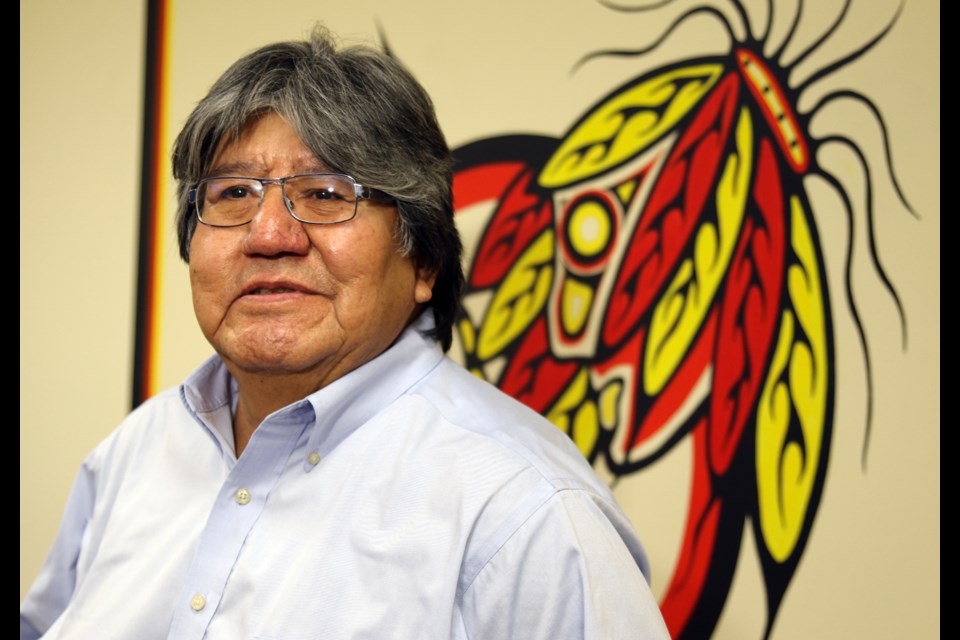THUNDER BAY -- Broadband Internet was declared a basic telecommunications service on Wednesday and the leaders of Matawa First Nations are "shovel ready" to bring Internet to their communities for the first time.
Along with its announcement that it would grant broadband the same essential status as the telephone, the Canadian Radio-television and Telecommunications Commission set new targets for download speed targets of at least 50 megabits per second (Mbps) and a 10-Mbps upload speed.
The CRTC also committed to a $750-million, industry-sponsored fund, through which it hopes to reduce the number of Canadian households and businesses without broadband access almost in half by 2021 -- from 18 per cent to 10 per cent.
When added to Monday's federal government commitment of $500 million to broadband "backbone networks," the remote Matawa First Nations see an opportunity for connectivity. .
"We have been advocating in terms of our health services, and also our First Nations community services, our lack of broadband has created some issues in terms of getting access to services," said Matawa CEO David Paul Achneepineskum.
"We believe through the CRTC declaring this as a basic service, now it's incumbent on Canada and even Ontario to fund the service without any question."
Matawa communities were initially tied to a Nishnawbe Aski Nation broadband project whose funding fell short in 2014. Eabametoong, Marten Falls, Neskantaga, Nibinamik and Webequie First Nations were left off the grid.
After two years of planning, Achneepineskum said the proposed Matawa Broadband Development Project, which is expected to cost about $70 million, would bring service to five First Nations communities for the first time is shovel-ready.
Matawa is seeking both public and private investment for the project it would own and operate. Construction could begin shortly.
"We need to mobilize material, we need to mobilize equipment and start working this winter. We're hoping by 2018, once we finish the project, then our communities will be connected. We'll have proper facilities to accommodate the enhanced broadband network."
Achneepineskum sees potential for quality of life improvements in Matawa communities, should the project proceed. He envisages many of the education and training activities related to the proposed Ring of Fire mining development that are currently taking place in Thunder Bay being less expensive and closer to home. The potential for education and connectivity in general is a matter of receiving services, he said, but no service is so needed -- or would be so revolutionized -- as health care.
"Our communities are in a crisis in terms of health. We're flying our people out to health centres here in Thunder Bay for simple doctor appopitnsments.It costs a lot," he said.
"We believe through this broadband, it will be connecting to different medical services, whether it's in Toronto or Thunder Bay or elsewhere that is a real-time connection. there will be a diagnosis, right there. Our people will receive that service right away rather than waiting a week for a whole bunch of bureaucratic processes."
